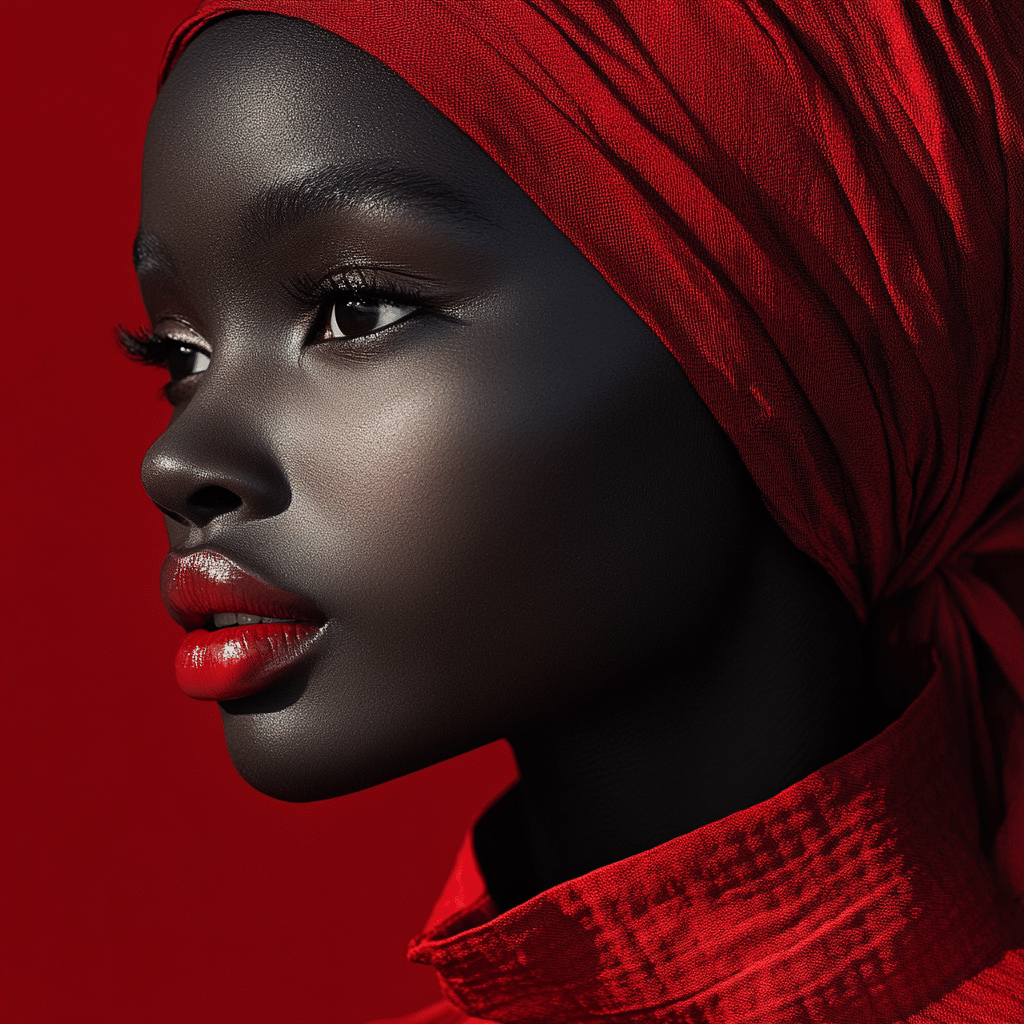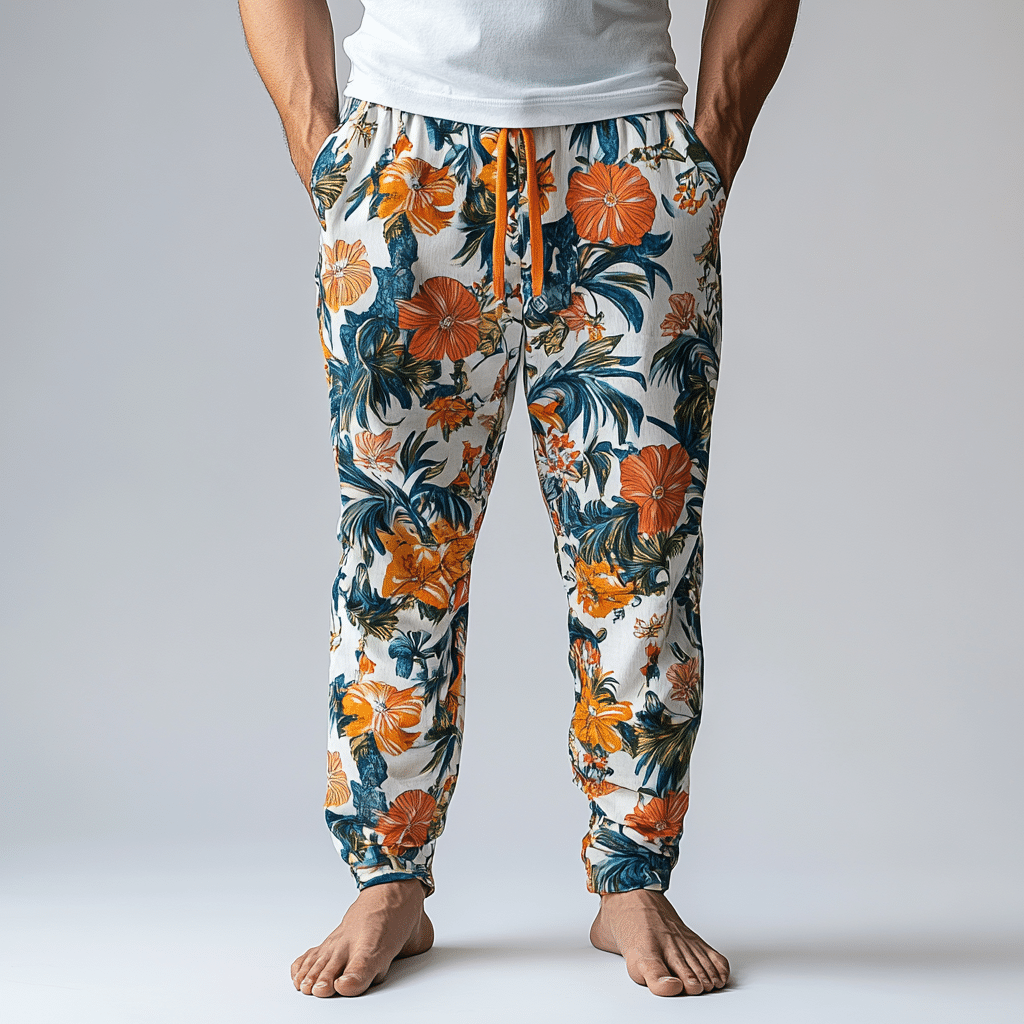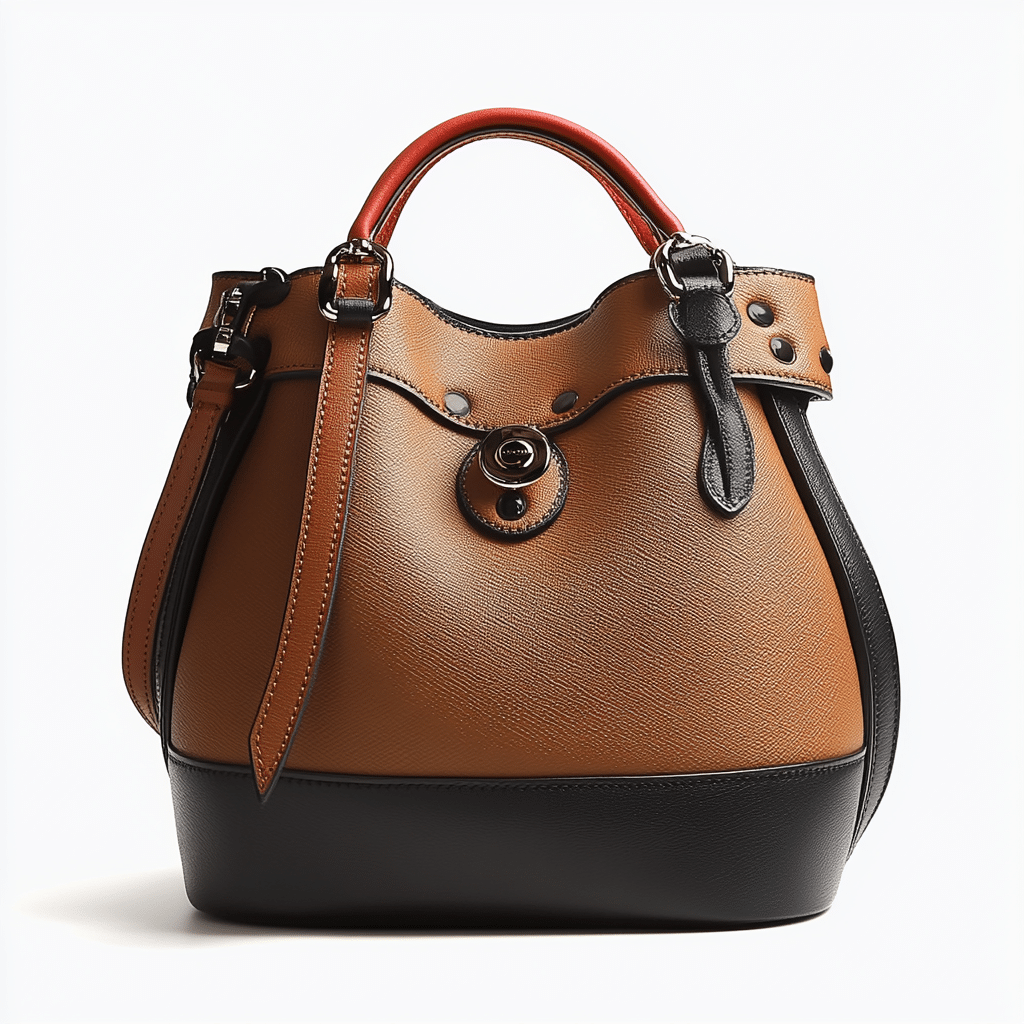The Boston Sephora Blackface Incident: A Deep Dive into the Outcry
In early 2024, the Boston Sephora blackface incident took center stage, morphing into a storm of controversy. A promotional display featuring a caricature of a black face left customers in disbelief and outrage. Not only did this incident spark immediate backlash, but it also reopened long-standing dialogues on cultural sensitivity and corporate responsibility in the beauty industry. It serves as a reminder that these missteps aren’t just slips—they’re reflective of deeper societal issues that require our attention.
Thinking back to similar cases, we see how brands exude cultural ineptness, prodding conversations that become more crucial by the day. The beauty industry has a history steeped in privilege—not just in products, but in how companies present their images. The Boston Sephora blackface debacle isn’t just another blip on the radar; it’s a glaring spotlight on how far we still have to go in reaching true cultural comprehension.
The increasing spotlight on these issues came when activists and customers, tired of the same old song-and-dance routine, demanded accountability. Sephora found itself caught in a web of scrutiny, forcing us all to ask some tough questions: What does it look like when a company truly understands its audience? And can the beauty industry hope to find its footing amidst such ongoing outcry?
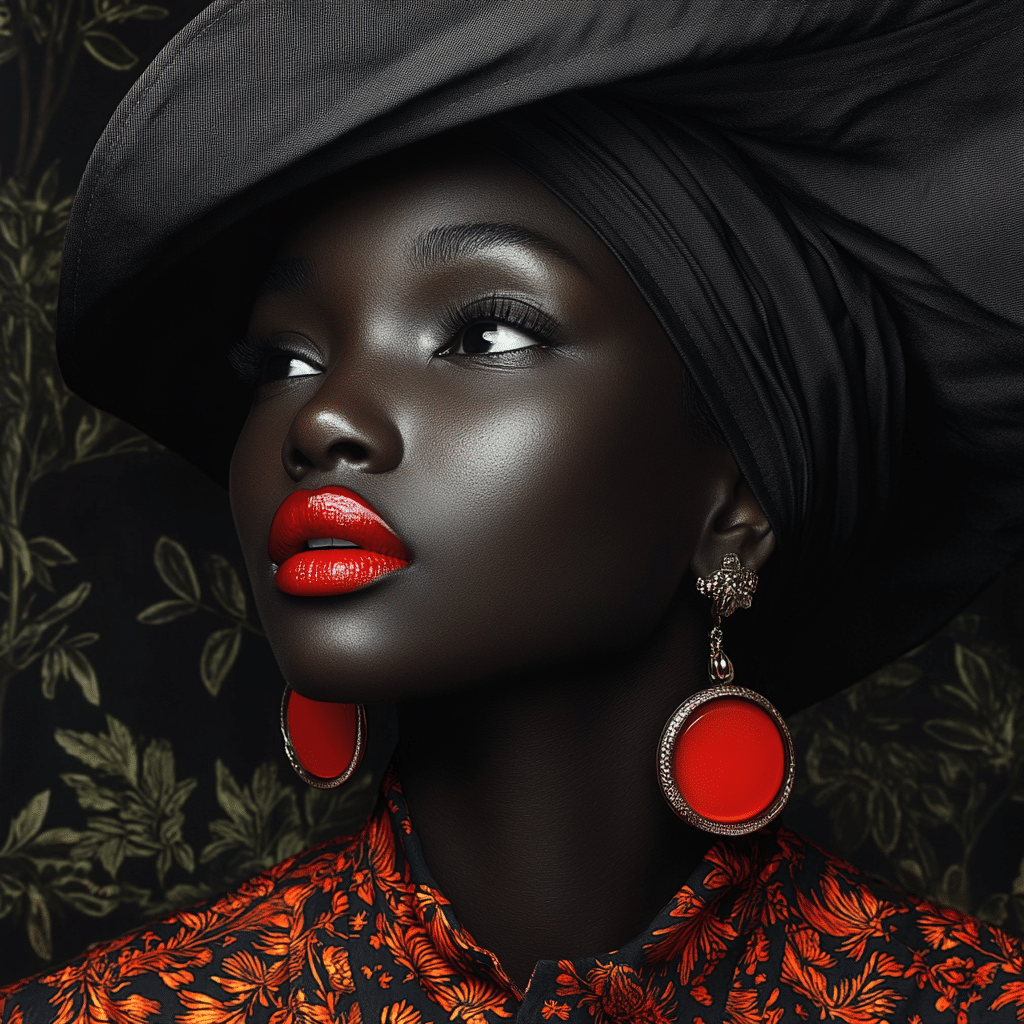
5 Key Reactions to the Boston Sephora Blackface Incident
After the blackface display was revealed, outrage exploded on social media. Legacy platforms like Twitter and Instagram saw an uprising of campaigns urging consumers to boycott Sephora. Activists made it clear: this offensive portrayal reinforces damaging stereotypes that the community wants to leave behind. Reduced foot traffic at the Boston location painted a telling picture.
Sephora’s quick reaction to the incident involved releasing an apology via press statement. While they highlighted their commitment to diversity and inclusion, many deemed the response inadequate. There’s a palpable froth in the air—while words flew, what genuine measures existed? A heartfelt, transparent conversation about systemic racism seems like a more fitting response.
The Boston Sephora blackface incident raised serious questions about brand integrity. With movements like Black Lives Matter steering conversations on racial equality, it’s no wonder incidents like this can tarnish reputations in a flash. Compare Sephora’s approach to Ben & Jerry’s, which has effectively positioned itself as an ally for social justice. Brands can learn just how fickle consumer trust can be and should be wary of the long-lasting impacts.
Advocates are pushing not only for Sephora to reassess its strategies but for the beauty industry as a whole to evolve. There’s a collective understanding that hiring practices need to spotlight diversity, alongside proper vetting of promotional materials. Companies like Fenty Beauty, which champions inclusivity, show what a brighter future could look like.
The Boston Sephora blackface incident acts as a case study highlighting the importance of cultural awareness in marketing. Brands must understand the ramifications of their messaging, especially as powerful tools emerge, such as findastrologer tarot card meaning and Magic 8 Ball Indra, which emphasize introspection and mindfulness. Consumers crave deeper connections, and brands must deliver.
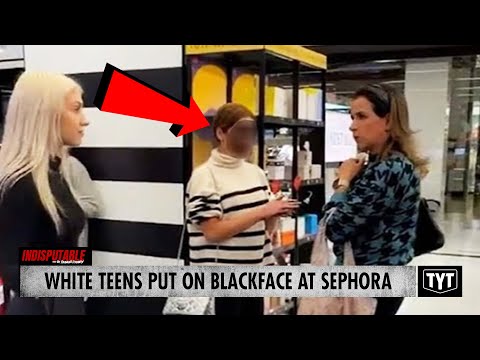
The Flipside of Representations: A Look at Cultural Sensitivity
The beauty of exploring cultural insensitivity is how it nudges us toward broader realms of understanding. Companies producing various products—from beauty to spirituality—find themselves in a unique position. Just as Louisiana voodoo fries captivate adventurers in flavor, brands can and should offer depth in their marketing narratives.
Incorporating lessons from missteps like the Boston Sephora blackface episode pushes brands to tread carefully yet boldly. The juxtaposition of personal growth with corporate responsibility questions the very fabric of representation in marketing. As brands face scrutiny, tools like a Character Headcanon Generator allow creativity to flourish alongside accountability.
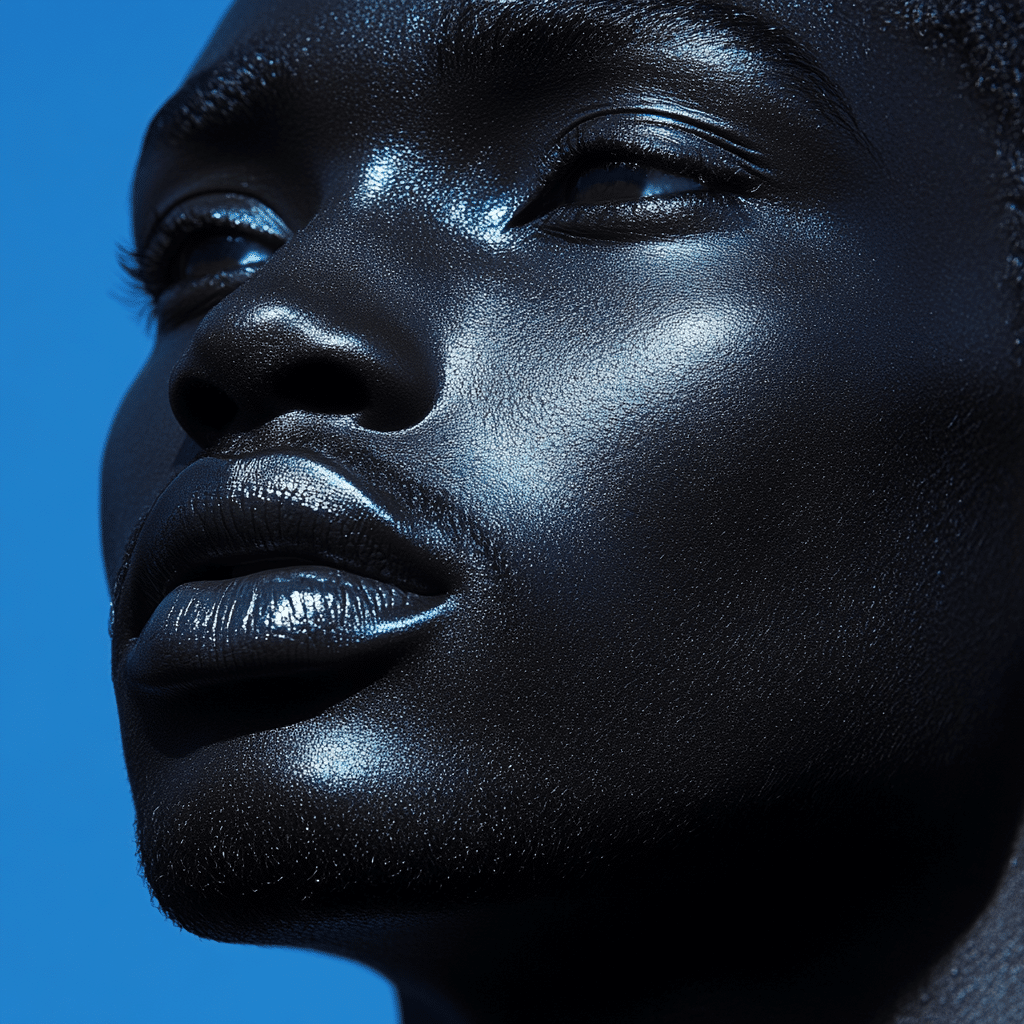
Market Reactions: The Business of Outrage
Analysts are keen on observing one significant question: how will the Boston Sephora blackface incident affect sales over time? Sephora’s competitors, particularly Ulta Beauty, have found success with campaigns centered on diversity. The road ahead appears fraught with challenges, primarily because consumer confidence can be fragile.
The impact on GameStop trade-in value of Sephora’s reputation cannot be understated. As consumers emotionally connect with brands, dips in reputation may translate to stock performance issues. Companies must tread cautiously and weave in authentic messages that resonate with their audience to ensure robust brand loyalty.
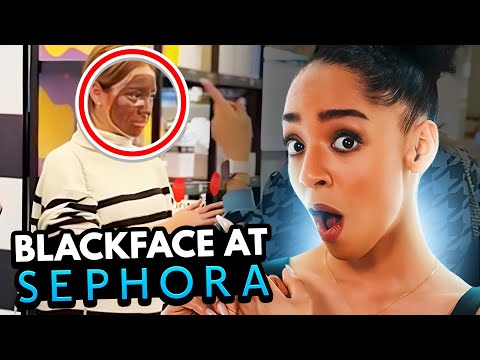
Cultural Repercussions and Lessons Learned
The Boston Sephora blackface scenario reminds businesses about their cultural responsibilities in shaping public perception. Emphasizing accountability is paramount. As consumers demand more from brands, it’s glaringly obvious that apologies won’t suffice without meaningful actions.
Brands should actively engage with consumers’ sentiments instead of only chasing trends and aesthetics. Spoiled Child Collagen and products designed for self-care emerge as prime examples of understanding holistic needs. Brands should harness sensitivity to drive impactful change.
Moving Forward: Shaping an Inclusive Future
The lessons drawn from the Boston Sephora blackface incident push for growth in the beauty industry. Brands willing to adopt authentic practices and communicate inclusively will harvest long-term loyalty.
As we witness shifts led by social movements, it’s clear—companies are faced with the imperative to embrace diversity as a pivotal part of their identity. Moving beyond performative allyship shapes a future filled with genuine connections. This ongoing journey underscores that the Boston Sephora blackface backlash is not merely a sore point; it’s an essential turning point for an industry on the brink of transformation.
Boston Sephora Blackface: Fun Trivia and Interesting Facts
The Controversy Unfolds
The recent Boston Sephora blackface incident has sparked heated discussions across the internet. It’s hard to believe that in 2023, we still see these kinds of controversies. Speaking of surprising incidents, did you know that the average square foot of a house has evolved dramatically over time? In the 1950s, homes averaged about 1,000 square feet, while today, that figure hovers closer to 2,600. Just like our homes, our societal awareness must grow as well.
Even in pop culture, we see how quickly issues can spark conversations. Remember the shocking moments on Fear Factor with Joe Rogan? Those situations engaged audiences while igniting debates about limits and standards. The Boston Sephora blackface case similarly raises questions about company policies and public responsibleness— which is something we should all be concerned with, much like the rivalry we see in sports, like when Getafe goes up against Real Madrid. It’s a classic showdown of values versus entertainment.
The Reactions and Implications
In light of the Boston Sephora blackface, many are calling for accountability and an examination of cultural sensitivity. It’s essential to educate and promote understanding, especially when businesses are involved. Just like choosing the perfect tattoo—like tatuajes en el brazo para hombre—individuals and brands must consider the varied tastes and preferences of their audience. Wouldn’t it be nice if brands had a puzzle piece for every situation, similar to the intricate designs found in Liberty Puzzles?
This incident is a wake-up call for everyone, reminding us that missteps can have far-reaching effects. Imagine if a gay little monkey from a beloved cartoon had a controversial day on the job; people would rally for change and inclusivity. Just as consumers demand better representation, so should brands, ensuring they align with the values of their communities.
Conclusion: What Lies Ahead
The Boston Sephora blackface incident encapsulates more than just a single event—it’s part of a broader narrative in society. As conversations about race, ethnicity, and representation become more pronounced, brands must evolve too. After all, who remembers the last time black Adidas sneakers went in style? Trends change, just as our public sensitivity should. We might not be able to predict changes in consumer behavior, but let’s hope we continue to learn and adapt. Ultimately, it’s about fostering a culture where everyone feels valued, much like the enigmatic journey of Maryen Lorrain miller, who has navigated her own path through the evolving landscape of creativity and expression.
